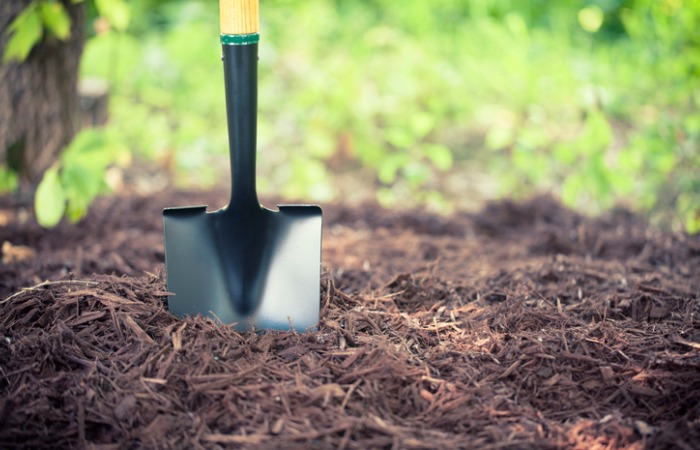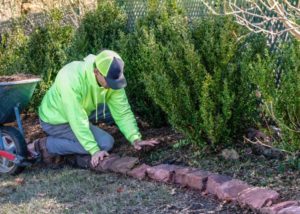
15 Nov Mulching vs. Composting: Do You Know the Difference?
The Differences Between Mulching and Composting
Mulch and compost both represent different types of organic layers that homeowners can rely on to improve their soil quality. However, how many of them understand the differences between these two methods.
Each offers distinct benefits, as well as some drawbacks. For this reason, our team from Frank’s Lawn & Tree Service wants to break down what they can do, as well as what they offer a garden. Read on to learn more!
Mulching
Mulching is essentially an application of organic matter on top of the soil that serves as a blanket covering. It remains comprised mostly of fallen leaves, foliage, and dry grass. Mulch enhances soil fertility. When appropriately applied, mulch remains extremely beneficial to any lawn or garden.
Nevertheless, mulch can cost a bit more than expected, depending on the landscape size. Pests can also remain a problem with mulch as the organic materials in play with mulching imparts a seemingly perfect breeding ground for several pest species or disease.
The good news is that mulch can help control weed growth, preventing weeds from getting the sunlight they need to thrive. Mulch additionally offers a primary source of vitamins and nutrients for optimal plant growth.
Finally, mulching helps plants retain moisture. This is the most significant advantage that the organic composition in mulch can offer. Homeowners that apply mulch to their lawns prevent the sun from overheating the soil, also stopping water from drying out.
As a result, plants can feed for longer while staying cool as the weather gets too warm or too cold, depending on the season.
Compost
Compost is the remains of already decomposed organic matter. This decomposition can take place naturally, or assisted via a shredder. Healthy compost will consist primarily of plant-based material, in addition to food scraps and other organic materials.
Composting additionally reflects an ideal way to reduce food waste at home and engage in some recycling. The food components that homeowners can place in their compost can drastically benefit a garden or lawn, no matter the landscape size.
Compost encourages plant growth while additionally enhancing soil health. Organic materials present in compost help a yard attain the nutrients it needs to thrive while also retaining the soil nutrients for a longer time.
The primary downside of compost is the work involved in composting a yard or garden, as well as the smell. The decaying material may release a bad odor during the process and can take up to a year until the mixture is finally ready for application.
Information on Mulch and Compost from Frank’s Lawn & Tree Service
 Mulch and compost can provide plants and greenery with everything they need to thrive. These both additionally work to optimize the overall health and wellness of soil to boost its quality. Utilizing these natural methods is an ideal way to reduce using various chemicals for plants and crops and can also save users a notable amount of money.
Mulch and compost can provide plants and greenery with everything they need to thrive. These both additionally work to optimize the overall health and wellness of soil to boost its quality. Utilizing these natural methods is an ideal way to reduce using various chemicals for plants and crops and can also save users a notable amount of money.
Our team from Frank’s Lawn & Tree Service hopes that this content shed some light on mulching and composting. To learn more about preeminent lawn health and what you can do to ensure your landscape looks great all year long, contact our dedicated landscaping team today!

